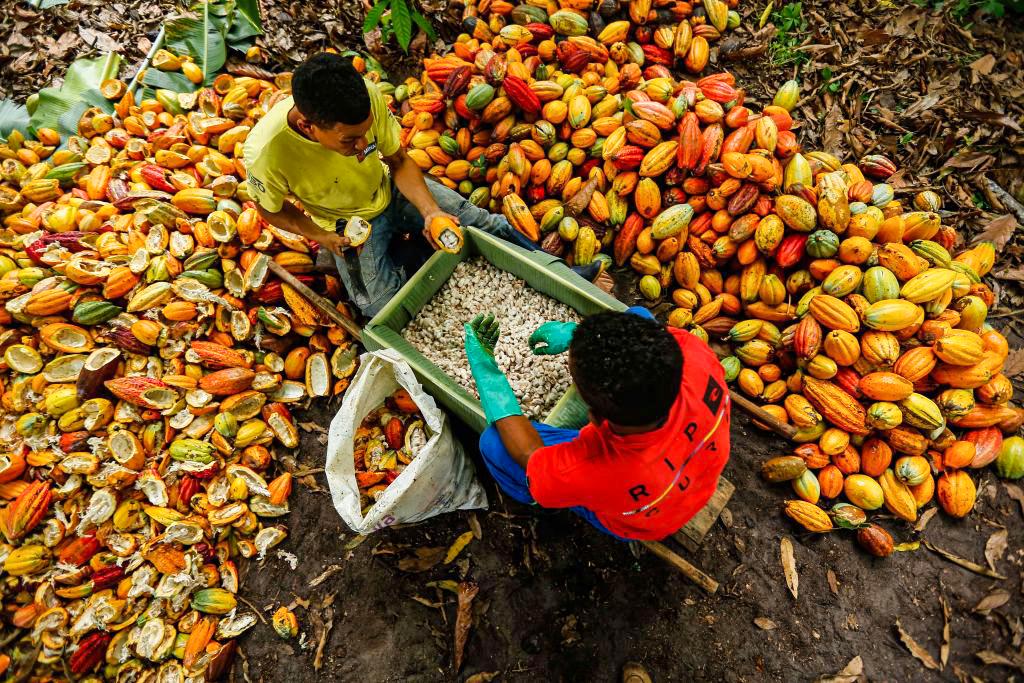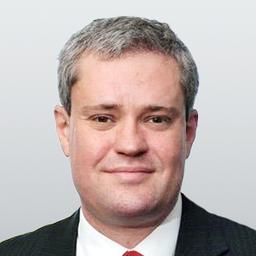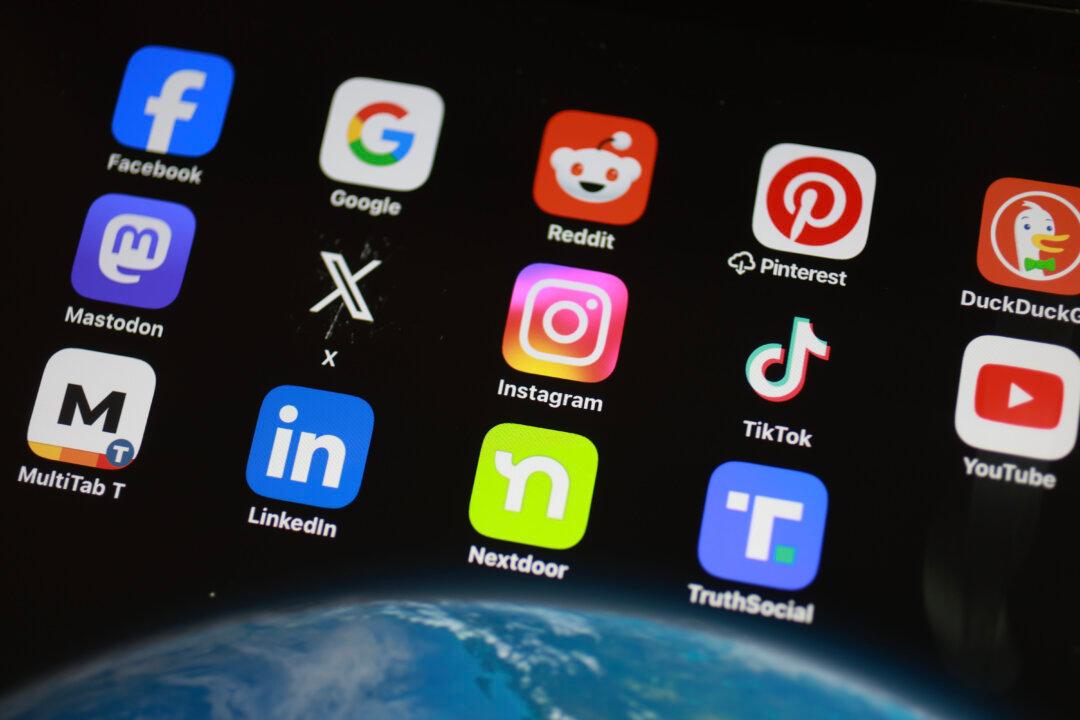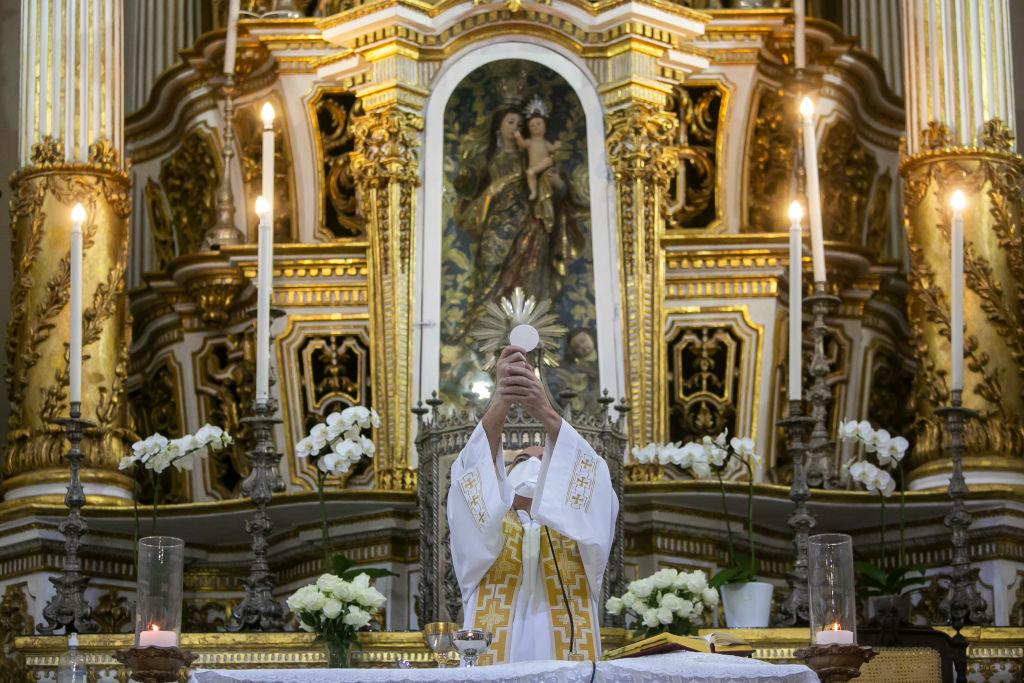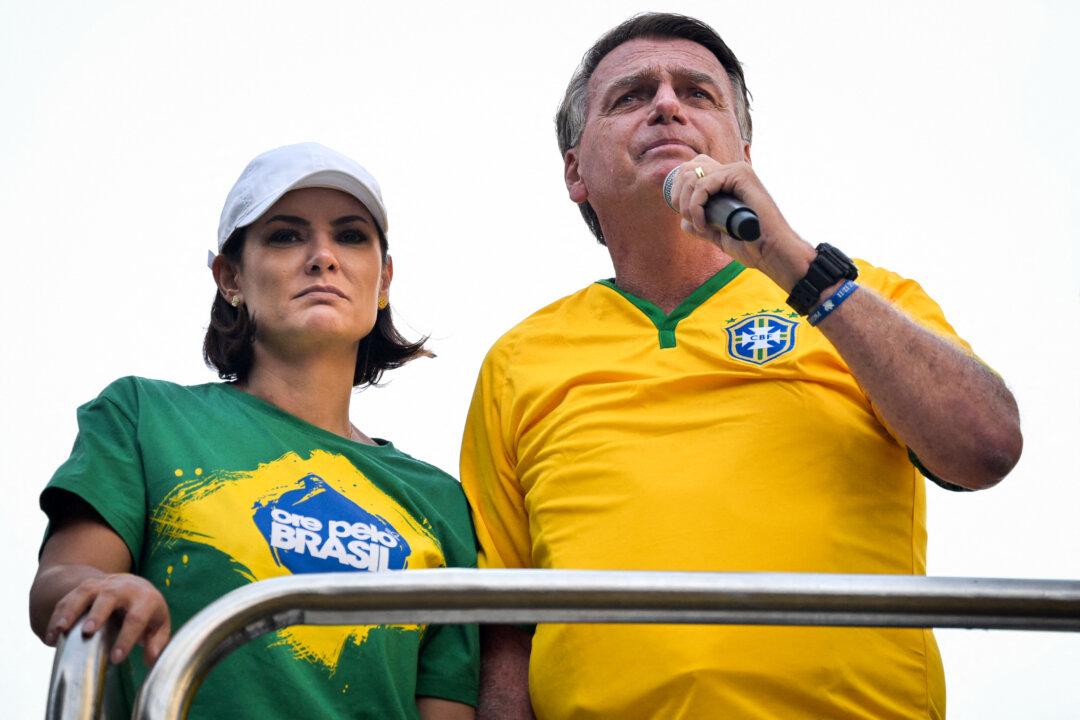Commentary
Brazil is the fourth-largest producer of food in the world. The country is entirely self-sufficient in basic foodstuffs, and it ranks as the world’s No. 1 producer of banana, cacao, cassava, coffee, corn, maize, rice, soybean, and sugar. Although the bulk of these products are consumed domestically, a considerable part is also exported, including oranges, palm oils, garlic, peanuts, tea, and so forth.
